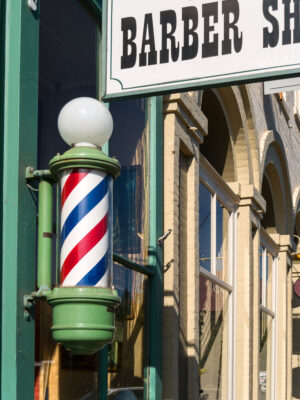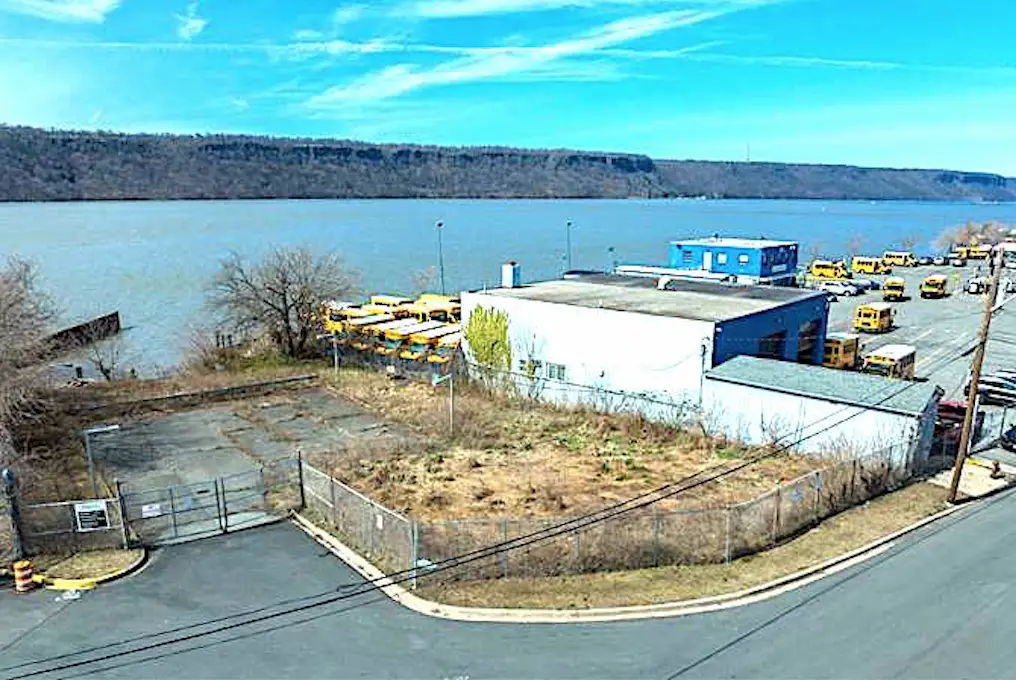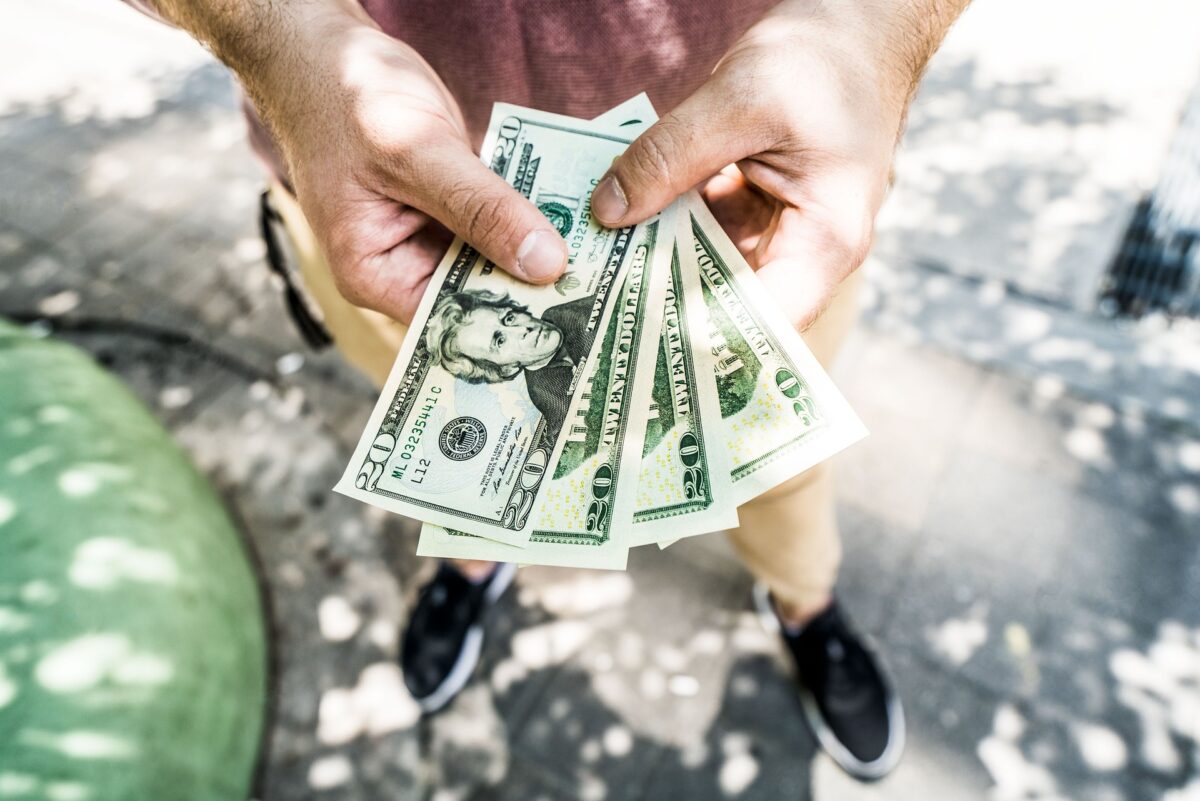For 58 years, Joseph Lalima had cut hair in Kingston without incurring a single disciplinary action by the state agency that licenses barbers.
But when he continued to operate his shop in the early days of the Covid-19 pandemic, the New York Department of State investigated and eventually revoked his licenses to cut hair and run a barber shop.

On March 2, an appellate court ruled that the state had abused its discretion and ordered the Secretary of State to consider a less severe penalty.
It is unclear how Lalima’s conduct, Justice John C. Egan Jr. of the Third Appellate Division stated in the majority opinion, “would pose an ongoing threat to the public that would warrant the maximum sanction of permanently barring him from performing the work he had otherwise done without incident for almost 60 years.”
Lalima got his barbers license after graduating from high school in 1963. In 1968, after serving with the Army in Vietnam, he opened his shop on Broadway in Kingston, Ulster County.
On March 19, 2020, Gov. Andrew Cuomo ordered barber shops to close because the hands-on nature of the job made it impossible for barbers to stave off infections by staying at least six feet away from customers.
Lalima claimed that he initially observed the edict but changed his mind after reading an article in the local newspaper, the Daily Freeman, that said people could work from their homes.
His home was in the back of the barber shop, so he reopened.
“Shortly thereafter,” he stated in a letter to a state investigator, “a police officer entered the barber shop and advised that I was not allowed to cut hair and should not be open. I showed him the Daily Freeman article and told him I believed I was working from home and that was an exception. I ended up cutting the officer’s hair.”
He decided to cut hair only for first responders, police, and a few friends, and he would not charge for his services but would accept tips.
A few weeks later he was hospitalized for breathing problems that he attributed to previous bouts with pneumonia and chronic obstructive pulmonary disease.
But it was Covid-19.
His actions come to the attention of state officials from national news coverage. A May 2020 New York Times story, for instance, was headlined “Barber Defied Rules and Cut Hair From Home. Now He Has the Virus.”
After Lalima was released from the hospital in June 2020, he reopened the shop. By then, Cuomo’s barbering ban had been lifted but barbers still had to observe Department of Health guidelines.
The Department of State licensing division investigated. In August 2020, an inspector observed several areas of non-compliance with Covid-19 guidelines and sanitation rules.
He was not wearing a face shield or reminding customers to wears masks, for instance. Only one bottle of hand sanitizer was available for customers. He admitted that he shaved and trimmed facial hair but claimed he did not know that those activities were prohibited.
The licensing office wanted Lalima’s licenses to be suspended or revoked for practicing with an infectious disease, violating the sanitary code and Covid-19 guidelines, and acting in a manner that reflected incompetence.
Administrative Law Judge Aiesha L. Hudson ruled in May 2021 that Lalima had demonstrated untrustworthiness and incompetence.
She ordered the licenses to be revoked immediately.
Lalima challenged the decision.
The state had correctly interpreted standards of untrustworthiness and incompetence, Justice Egan says in his majority ruling. The goal is to safeguard public health, and a barber who does not comply with the rules is unsuitable for the job.
But he found that the penalty was too severe. The state has a range of options. It can reprimand a license holder, impose a $500 fine, suspend a license or revoke the license.
The administrative law judge had found that Lalima sincerely believed he could reopen the shop, was remorseful for doing so, and did not knowingly work while suffering from Covid-19.
Considering his otherwise unblemished record, Egan said, revocation was too severe and the state must impose a lesser penalty.
Justices Andrew G. Ceresia, Christine M. Clark, and Lisa M. Fisher concurred.
Justice Michael C. Lynch dissented.
The administrative law judge could not ignore such egregious violations, he said, and it was Lalima’s obligation to understand the directives to safeguard the health of his patrons.
“In my view,” Lynch wrote, “that decision was not an abuse of discretion as a matter of law and should be affirmed.”



















